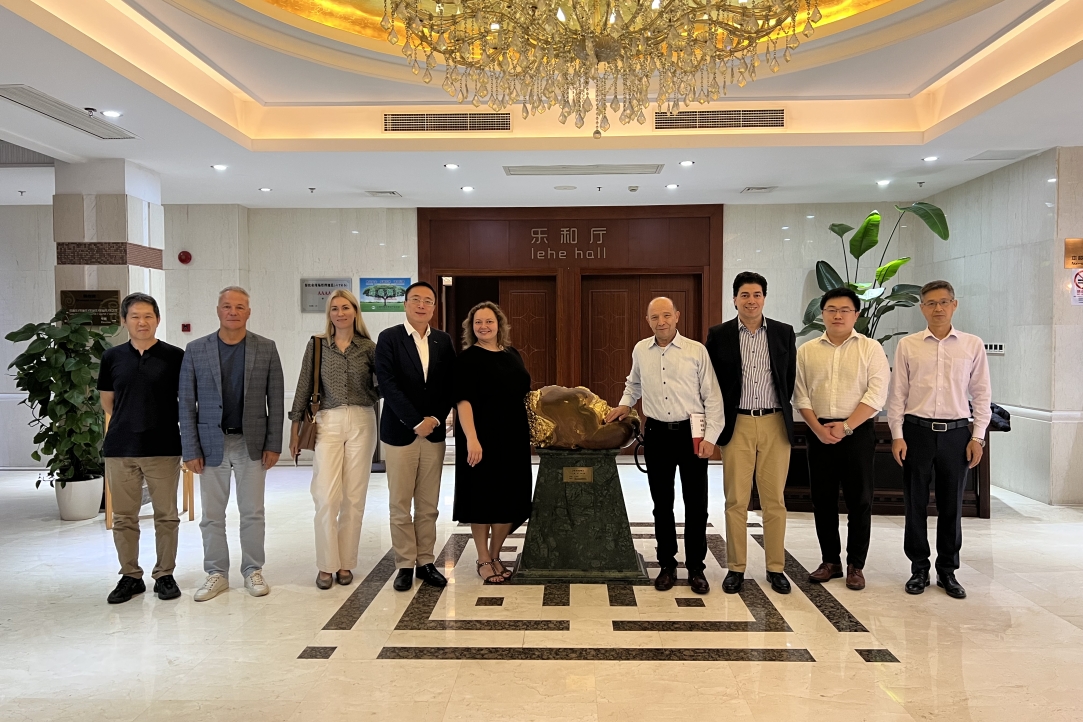
Early-Career Researchers from HSE University and Shanghai University Exchange Best Practices
On December 15, the Second Sino-Russian Economic Cooperation Workshop–Youth Forum took place online. The event was organised jointly by HSE University and the Shanghai University School of Economics. Anastasia Stepanova, Deputy Vice Rector of HSE University, Associate Professor at the School of Finance, and one of the workshop organisers, talked to the HSE News Service about cooperation with Shanghai University and the topics covered by the workshop.
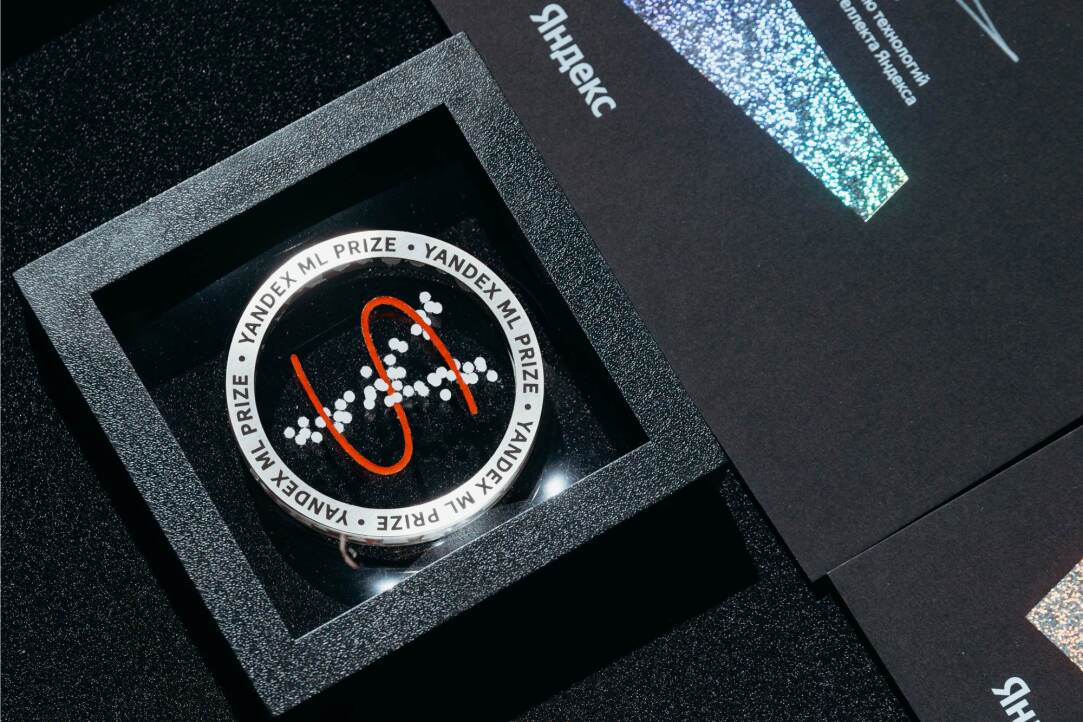
Two HSE Researchers Receive Yandex ML Prize
Two researchers from the HSE Faculty of Computer Science—Aibek Alanov, Junior Research Fellowat the Centre of Deep Learning and Bayesian Methods, Research Fellow at AIRI; and Pavel Braslavski, Associate Professor, Senior Research Fellow at the Laboratory for Models and Methods of Computational Pragmatics—are among the winners of the 2023Yandex ML Prize (formerly the Ilya Segalovich Award).

Plurilingualism Compensates for Low Extraversion in Nurturing Creative Skills
Researchers at the HSE Laboratory for Linguistic, Intercultural, and Creative Competencies have examined the role of the Big Five personality traits in moderating the development of creativity among individuals who use multiple languages and have intercultural experiences. It has been found that acquiring multiple languages and engaging with diverse cultures can enhance an individual's creativity and compensate for some deficiencies in communicative abilities. That said, language practices are likely to foster creativity only in mentally stable individuals. The paper has been published in the International Journal of Bilingual Education and Bilingualism.
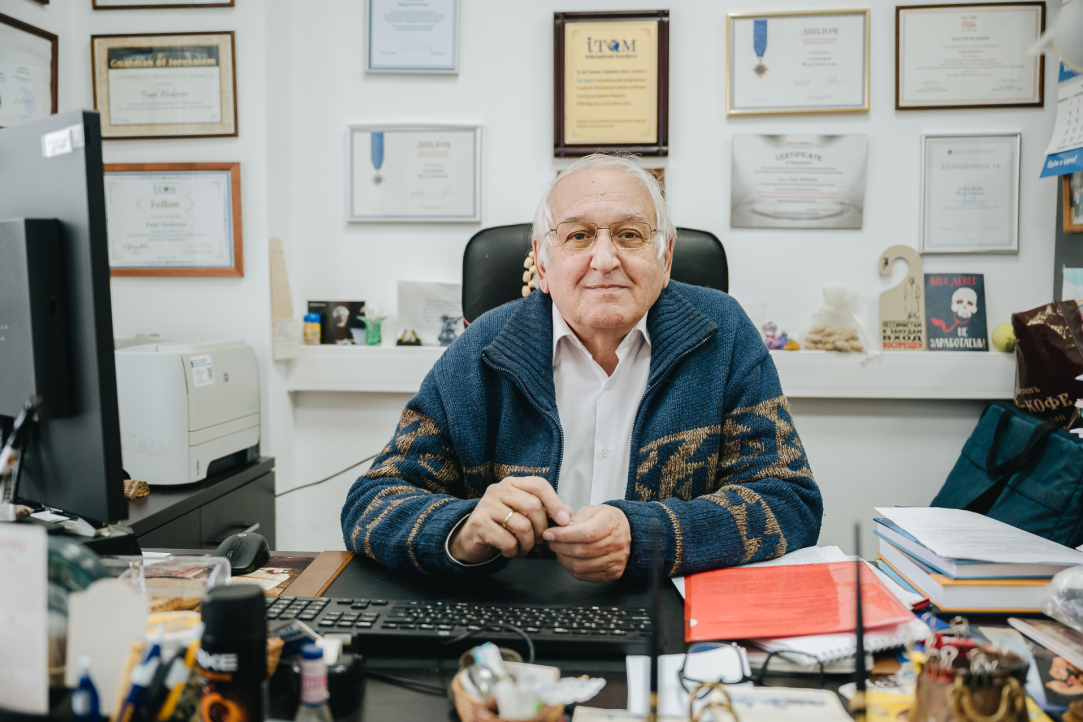
Fuad Aleskerov: 'Decision-Making under Deep Uncertainty'
In an interview for HSE News Service, Fuad Aleskerov, Distinguished Professor of HSE University and Member of Academia Europaea, shares his insights into making decisions under deep uncertainty, highlights the crucial role of cooperation in this context, and unveils plans for the upcoming launch of a specialised course on decision-making and the establishment of a mirror laboratory at HSE University.
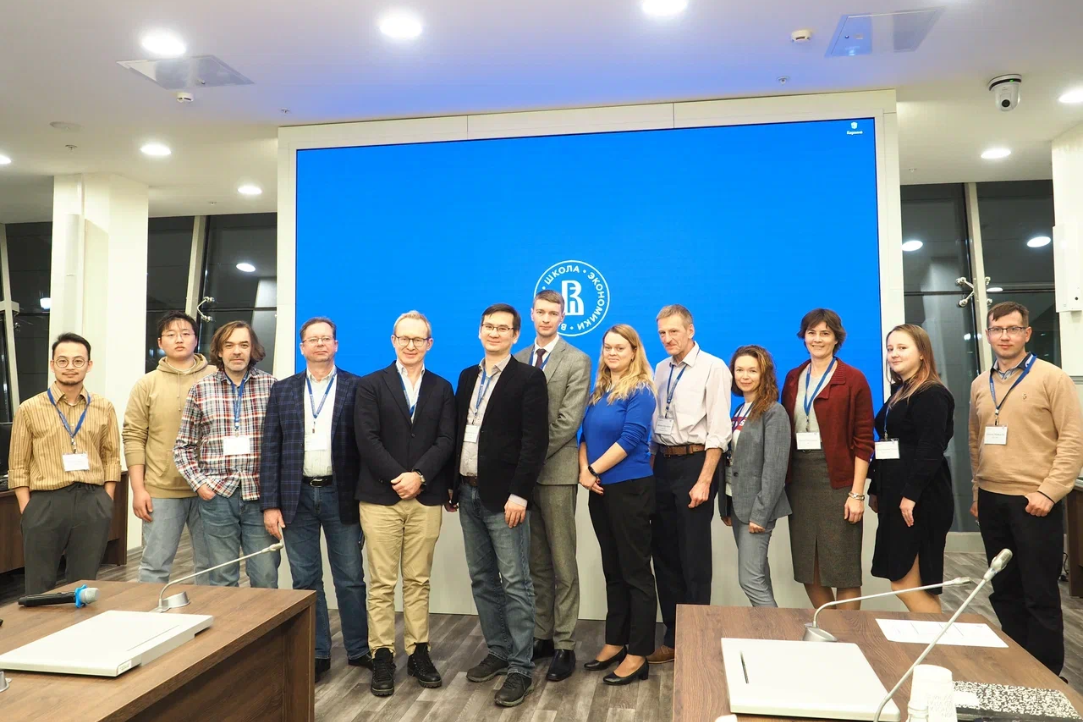
The ICEF-CInSt Conference as a Platform for International Research Networking
On November 24–25, 2023, the 12th ICEF-CInSt International Finance Conference took place in Moscow. Researchers from Russia, China, Hong Kong, Taiwan, the USA, Canada, Italy, and the United Kingdom contributed as speakers and discussants. The organisers and participants of the conference shared their impressions of the event with the HSE News Service.
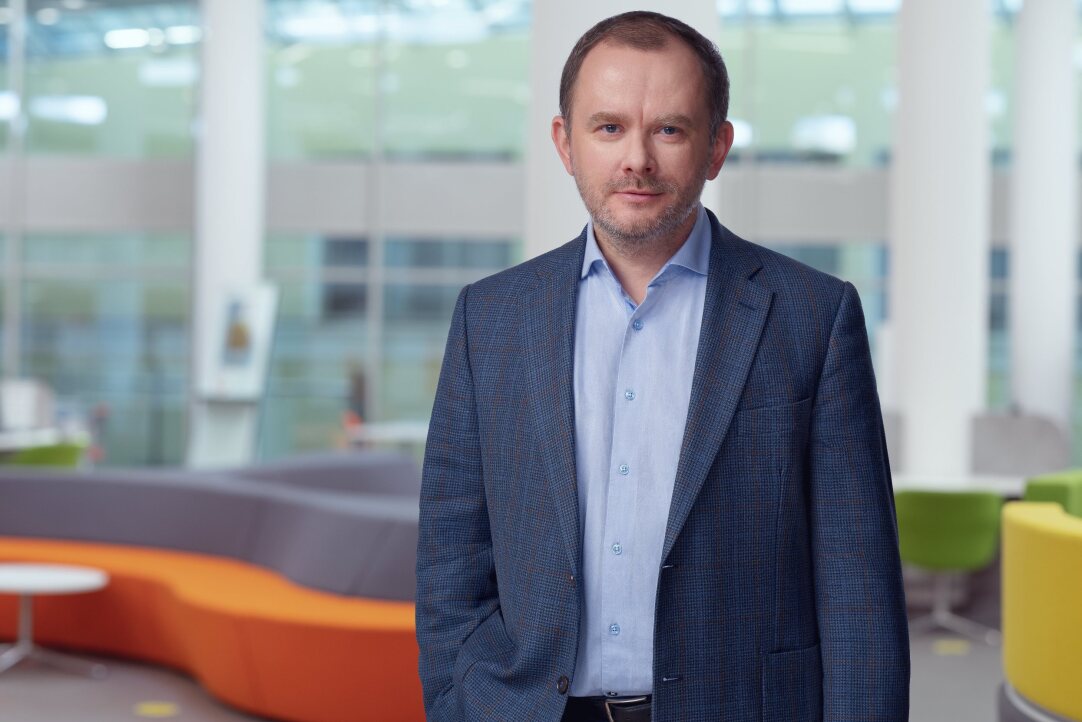
‘The Future Lies with AI Technologies and HSE University Understands That’
At the AI Journey 2023 international conference in Moscow, a ranking of Russian universities that train the best AI specialists was published. HSE University entered the A+ leadership group, taking first place according to such criteria as ‘Demand for hiring graduates’, ‘Quality of educational environment’, and ‘Activities for the development of school education’. Ivan Arzhantsev, Dean of HSE University’s Faculty of Computer Science, spoke to the HSE News Service about how AI specialists are trained at HSE University and what plans the university has in this area.

‘Every Article on NeurIPS Is Considered a Significant Result’
Staff members of the HSE Faculty of Computer Science will present 12 of their works at the 37th Conference and Workshop on Neural Information Processing Systems (NeurIPS), one of the most significant events in the field of artificial intelligence and machine learning. This year it will be held on December 10–16 in New Orleans (USA).
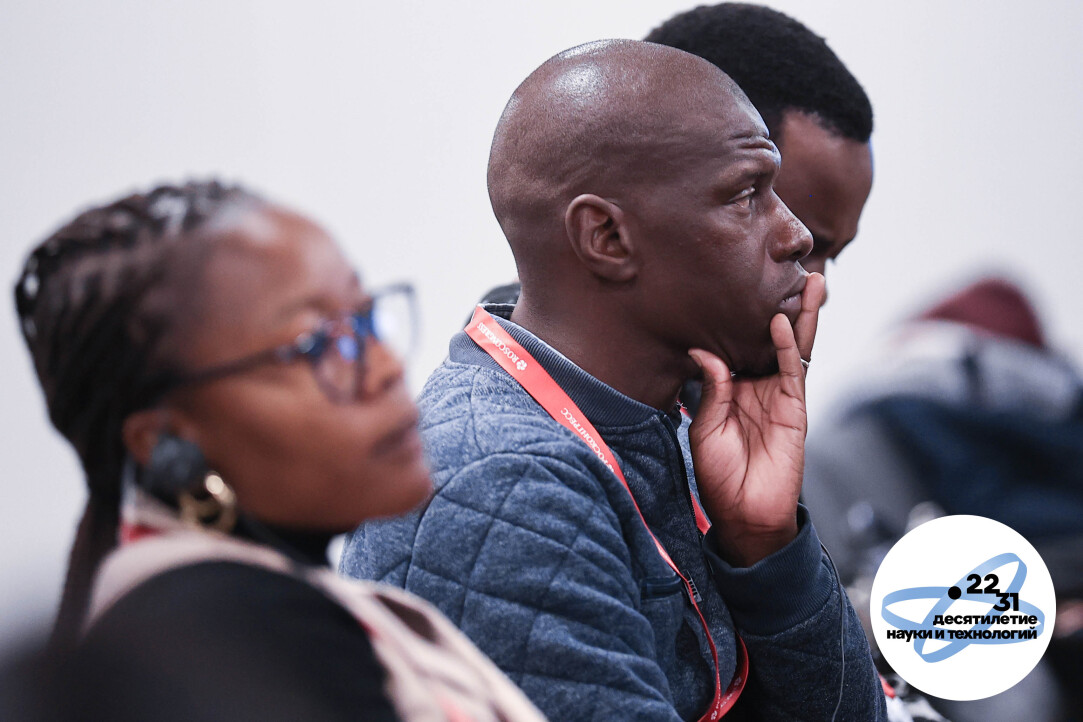
Olympiads, Postdocs, World-class Research Centres: Opportunities for Young International Researchers in Russia
The III Young Scientists Congress took place in the Sirius Science and Art Park on November 28–30, 2023. On the first day of the forum, a discussion was held on the tools and opportunities for engaging international early-career researchers in Russian science. The meeting was organised by HSE University together with members of the Association of Global Universities.
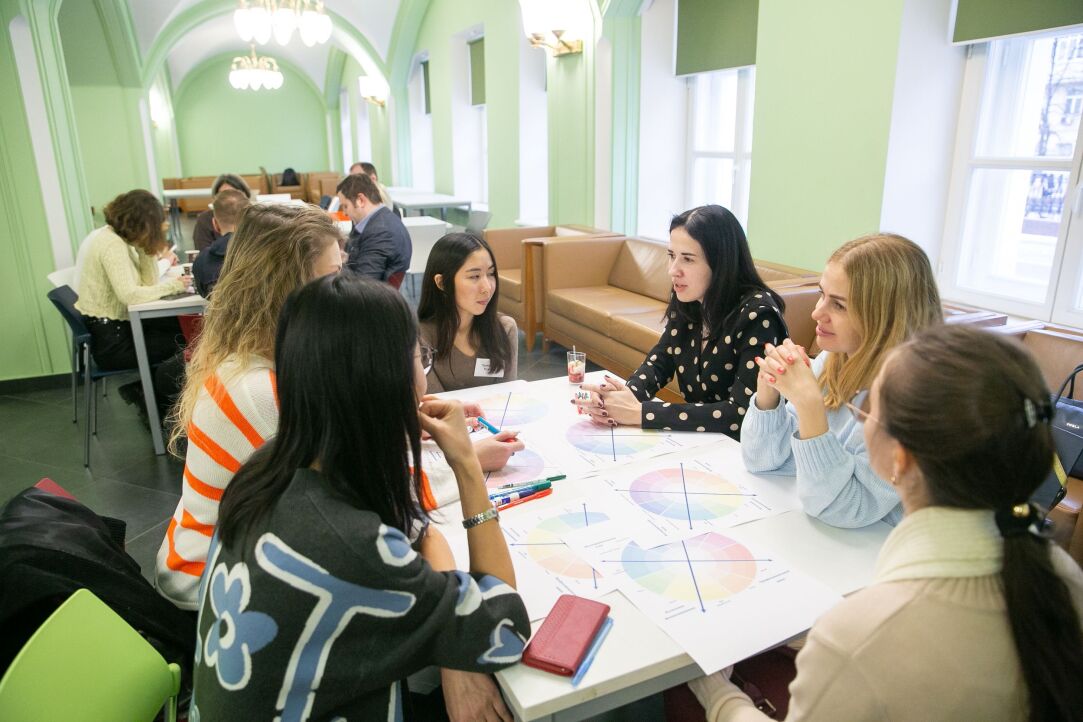
‘This Is an Attempt to See if Science Fits You’
HSE University has hosted the latest in a series of adaptation seminars for research assistants. Representatives of the Centre for Scholarly Integration and the Centre for Student Academic Development told aspiring scientists about the opportunities afforded by participation in projects at HSE’s scientific laboratories, while experienced research assistants shared their cases.

HSE University Students Win in the AIJ Science Competition at AI Journey 2023
The International Sber Conference of Artificial Intelligence, ‘AI Journey 2023’ recently took place in Moscow. Alexander Rogachev, doctoral student of the HSE Faculty of Computer Science, and Egor Egorov, an HSE 4th-year undergraduate student became the winners of the AIJ Science competition for scientific articles on artificial intelligence that was held as part of the event. The research was carried out under the umbrella of the HSE's Laboratory of Methods for Big Data Analysis (LAMBDA).

